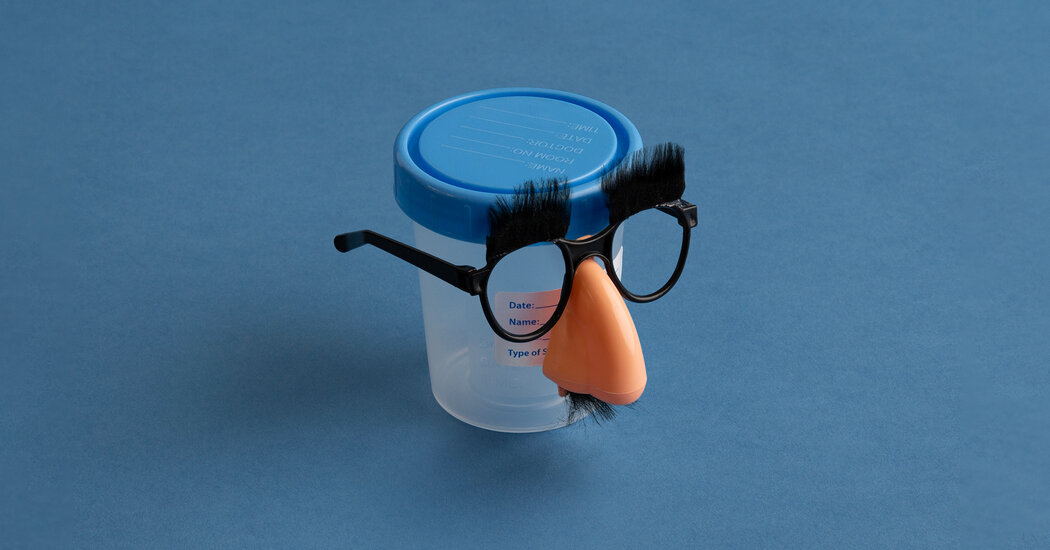
In many states, if you are part of a couple raising a child, and you never marry or you get a divorce, and your partner wants to sever the connection, you can be deemed a legal stranger to a child you helped raise but with whom you don’t share a genetic tie. “I worry that people may be acting in good faith but don’t understand the situations of these families,” says Douglas NeJaime, a Yale law professor who is working with L.G.B.T.Q. organizations and other academics on a joint statement of principles about access to a donor’s identifying information. “There’s a real legal risk in many places. And then there’s the idea these laws express, which is that biological ties are more important than other ties.”
Malina Simard-Halm, 27, the donor-conceived daughter of a pair of gay fathers, is a former board member of Family Equality and Colage, two groups for L.G.B.T.Q. families that are part of a coalition calling to pause the passage of more disclosure laws. Simard-Halm is sympathetic to Levy Sniff, but she doesn’t want the state to suggest that it’s vital to seek out one’s donor. Not knowing who that person is doesn’t necessarily create a void, she says. Her fathers were frank about how she and her brothers were conceived — an approach that tends to strengthen parent-child relationships, research shows — and she didn’t experience a sense of loss.
Simard-Halm remembers having to withstand the judgment of outsiders, who forced on her the assumption that nature counts more than nurture. “People would ask: ‘Who’s your mother? Where is she?’” Simard-Halm says. “Sometimes they would say flat out: ‘She’s your real parent. You need to be with her.’”
This framing was used in the past in the fight against same-sex marriage. A 2010 survey, called “My Daddy’s Name Is Donor” and funded by the Institute for American Values, a conservative group, claimed that many donor-conceived children felt hurt and isolated by their origins. The study wasn’t peer reviewed, and other research has showed that donor-conceived children generally do as well as their peers. But for years in court, opponents of same-sex marriage argued that the children of gay couples would grow up worse off, feeling fatherless or motherless.
L.G.B.T.Q. families are also concerned that some people who advocate for ending anonymity, including Levy Sniff, think children should be able to know their donor’s identity earlier than age 18 — at 16 or 14. They say this creates the possibility of conflicts between how teenagers define their families and how their parents do. Lowering the age “leaves family more legally vulnerable,” says Courtney Joslin, a law professor at the University of California, Davis. “And it impacts both the social perception of the family and maybe how kids and parents see each other.”



